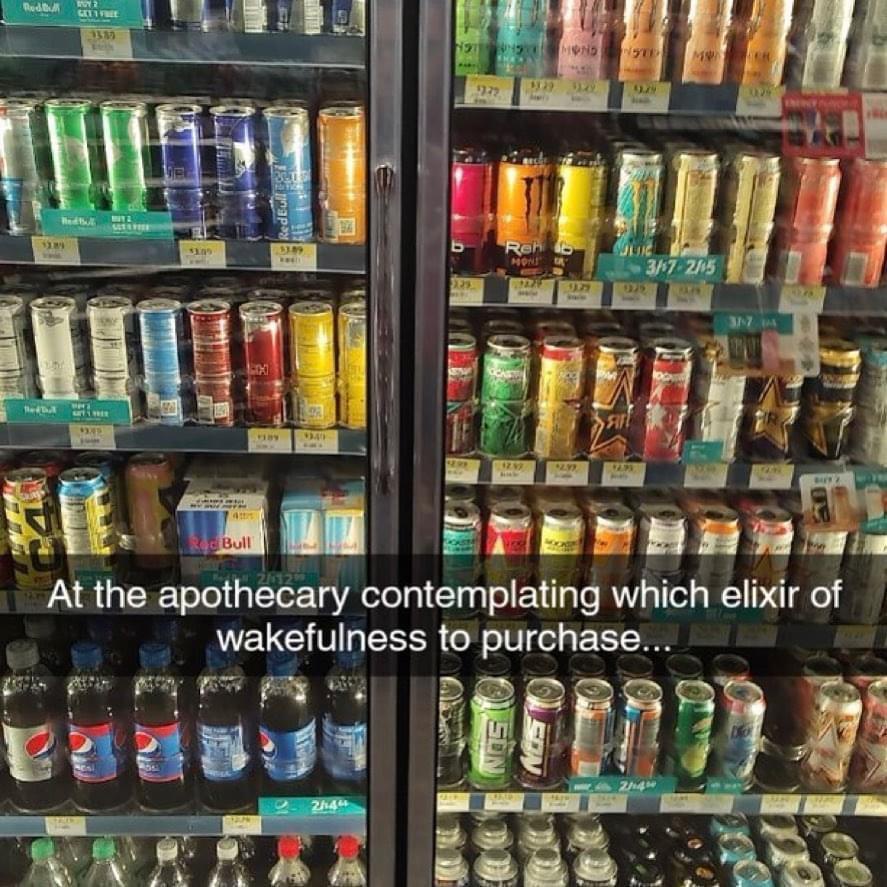this post was submitted on 23 Sep 2024
341 points (98.6% liked)
Memes
46028 readers
1526 users here now
Rules:
- Be civil and nice.
- Try not to excessively repost, as a rule of thumb, wait at least 2 months to do it if you have to.
founded 5 years ago
MODERATORS
you are viewing a single comment's thread
view the rest of the comments
view the rest of the comments

This always makes me think about the intersection of magic and science.
Many "mages" way back in Europe such as Albertus Magnus and Agrippa were scientists and doctors. Shamans were doctors. Some of the oldest incantations we have are healing spells.
Yes, there's a lot (a lot) of spirituality mixed in, superstition and wrong things, but a lot of it was really more of a framing; scientists explained their discoveries with religion, but their goals were fundamentally to further science, they just didn't call it that.
Truly, the people that developed the methods to concentrate flavors, to get sweetness without sugar, stuff like that, they're alchemists and mages. Doctors, chemists, researches, they are alchemists and mages.
That really is an apothecary and they really are elixirs of wakefulness. Just as they didn't call them "convenience stores" and "energy drinks" back in the day, we don't use these mystical terms nowadays, but that's what they are.
"Wizard" and "Magus" are both terms that could be traced to just meaning "a wise person" or "a person with knowledge". Knowledge is power, and sufficient amount of power can be perceived as supernatural.
After all, any sufficiently advanced technology is indistinguishable from magic.
Druidry is/was an ancient practice that was inherently spiritual but was likely an early analog to scientific inquiry, with an emphasis on passing that knowledge down and ensuring new members became experts in their own right.
Considering how confusingly powerful the placebo effect is, learning how to safely activate it for the greatest effect is pretty close to real magic.